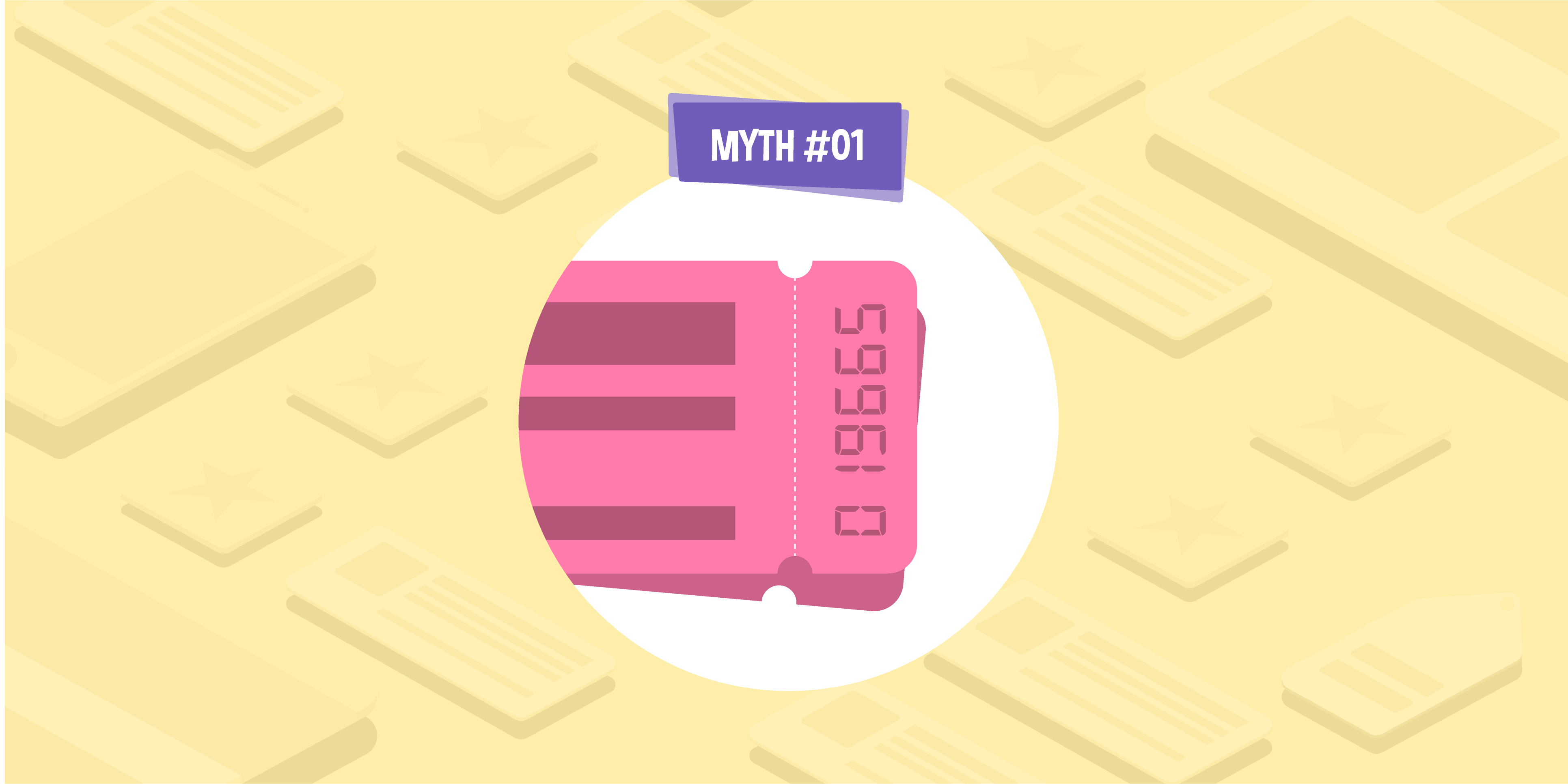
- 22 Jul 2016
- 4 Min read
Why Jamie Oliver gives away free recipes (and why your brand should care)
Jamie Oliver makes a good chunk of his money from cookbooks and restaurants. So why on earth is he publishing free recipes online?
When we’ve pitched content marketing ideas to clients, one concern that’s popped up is: should we really create content that competes with our own products/services?
It’s counterintuitive, but I’m going to explain why giving away your company ‘secrets’ is actually a damn good strategy for content — and sales.
Getting a pizza the search action
Someone who’s interested in making pizza dough is a promising potential customer for Jamie Oliver’s recipe books, cooking equipment and Italian restaurants. So he wants these people to visit his site and learn more about his brand.
How does he achieve that? He publishes a recipe, of course. You’ve got to have quality, relevant content if you want to earn a high search ranking and organic traffic.

It might seem like publishing free recipes would make his cookbooks redundant. But people buy cookbooks for a variety of reasons: they make good gifts, they look good on the shelf, they’re easier to use in the kitchen…Plus, there are already tons of free pizza dough recipes online.
The chance of this free recipe choking cookbook sales is far outweighed by the benefits it brings.
How free pizza recipes are making dough
Every month in the UK, there are upwards of 50,000 Google searches for pizza dough recipes. This is a huge audience of potential Jamie Oliver customers (people interested in cooking/eating Italian food) that would be left untapped if it weren’t for the recipe.
Ranking for this term means increased brand awareness. Delivering good content that leaves visitors happy means increased brand loyalty and advocacy. Plus, the content is giving him a great opportunity to naturally promote the commercial side of the brand.

There are also search benefits. The presence of a pizza dough recipe makes the site more contextually relevant for target keywords like ‘Italian cookbooks’, giving the brand a competitive edge. There’s also the opportunity to generate backlinks (Jamie’s pizza dough recipe has a page authority of 63/100 and inbound links from 57 domains including the Telegraph). It’ll be good news for ranking factors like dwell time, too.
Also, through its personalised search algorithm, Google favours sites that a user has visited before. When someone searches for ‘Italian cookbooks’, Jamie Oliver will rank higher if the user viewed his pizza dough recipe last week.
Top tips for success
By creating content that competes with your products/services, you can draw potential customers who are exploring different options or early in the buying journey. That means you can market to a much wider potential customer base.
Imagine you’re a mechanic. There are already hundreds of YouTube videos out there explaining how to perform car repairs. You’ve therefore got nothing to lose from publishing your own, but a lot to gain: maybe someone who ultimately decides to hire a professional for the job views it, meaning your brand name is the first that comes to mind. Or perhaps someone does use your content to do the repair themselves, and this positive brand experience makes them more likely to use you in the future.
Remember: The chance of your content dissuading someone from using your product/service is small. But the potential for attracting new sales is huge.
As an expert in the field, you stand a good chance of creating an authoritative resource that ranks well. Just make sure to follow these three golden rules:
- Create high-quality content. Don’t produce content for the sake of it — low-quality or irrelevant content will do more harm than good. Can you use different formats to make the information more user friendly? Are you providing all the information your readers need? Is the content displayed attractively? Does the copy read well?
- Don’t be overly promotional. If you’re selling rather than being genuinely helpful, people will head elsewhere. That doesn’t look great to Google and won’t do your reputation any favours. You should mention related products/services to prompt the customer journey and spread authority — just be subtle about it.
- Optimise with care. To ensure you’re attracting the right audience, you’ll want to do keyword research and optimise your content accordingly. But you’ve got to be careful that resources don’t outrank shopping pages for queries with purchase intent. For example, your How to clean an oven page should not outrank your Oven cleaning services page for the query ‘oven cleaning’.
You don’t have to be as big as the Naked Chef to benefit from this type of content. In fact, publishing is an effective way for smaller brands to gain a competitive edge. So don’t be afraid to create content that competes with your products or services.
Need help delivering an effective content strategy? Read about our content marketing service and get in touch today.

